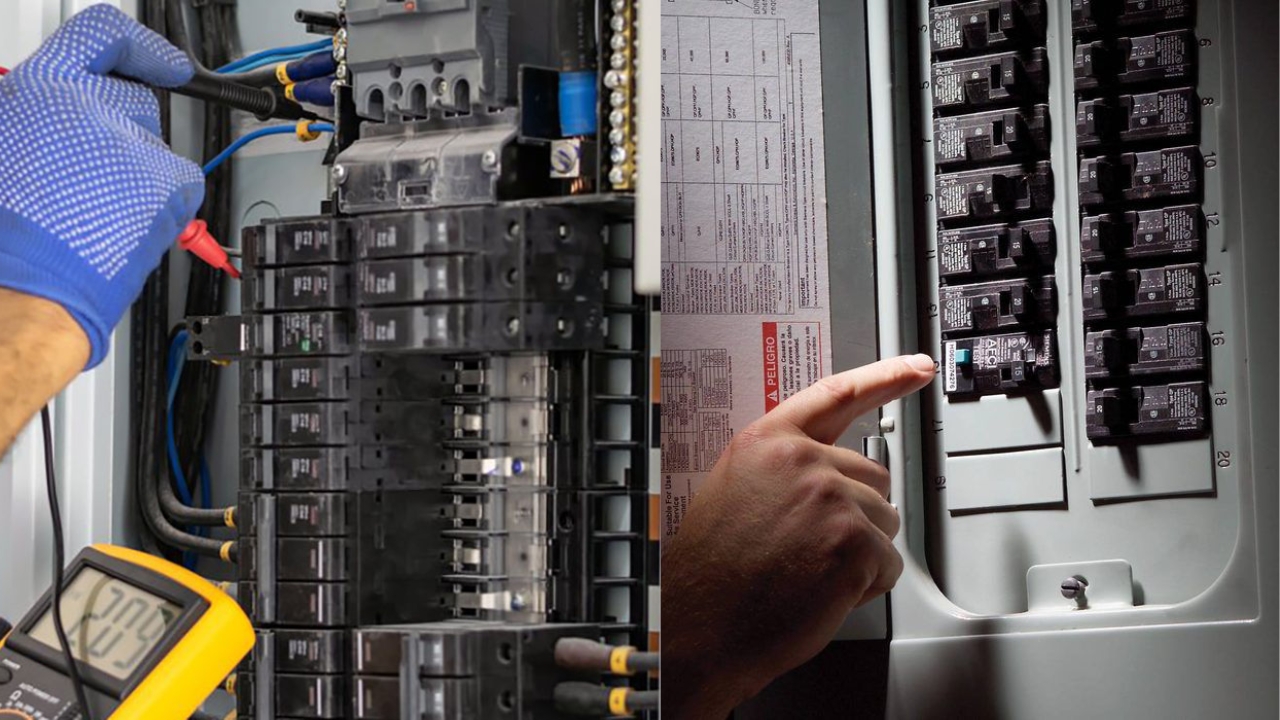Circuit breakers provide electrical safety, thereby preventing possible overloads as well as short circuits. Their lifespan depends on maintenance, environment, and use. Learning about their lifespan ensures the safety and efficiency of electrical systems.
Average Lifespan of a Circuit Breaker
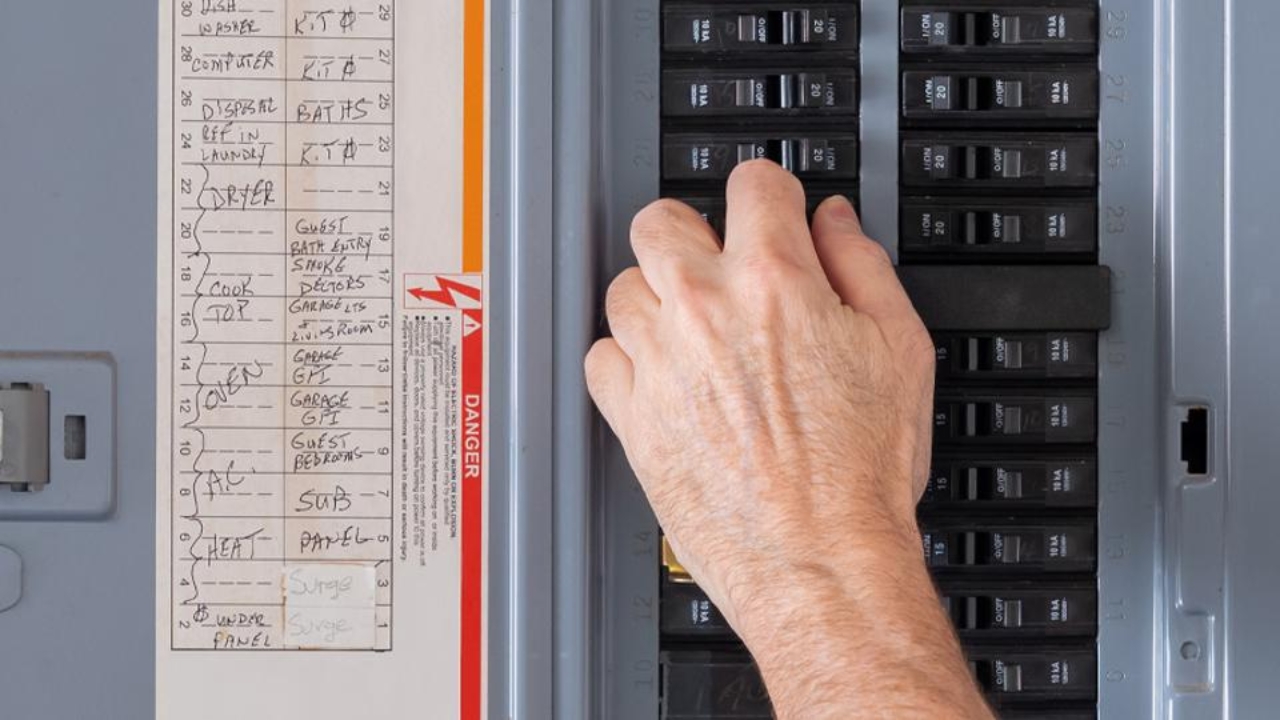
Circuit breakers can last up to 40 years. However, its longevity depends on several factors such as usage, environmental conditions, and quality. However, circuit breakers in industrial settings may not last up to that since they carry high power loads.
Also, moisture, dust, and frequent tripping may reduce the lifespan of these breakers. Therefore, you need routine inspection and maintenance to keep them durable. Checking out for signs of fault like burning smells and inconsistent operation helps to detect any possible fault. If you notice any of these signs, you should replace your circuit breaker to maintain a safe electrical system.
Factors Determining a Circuit Breaker’s Lifespan
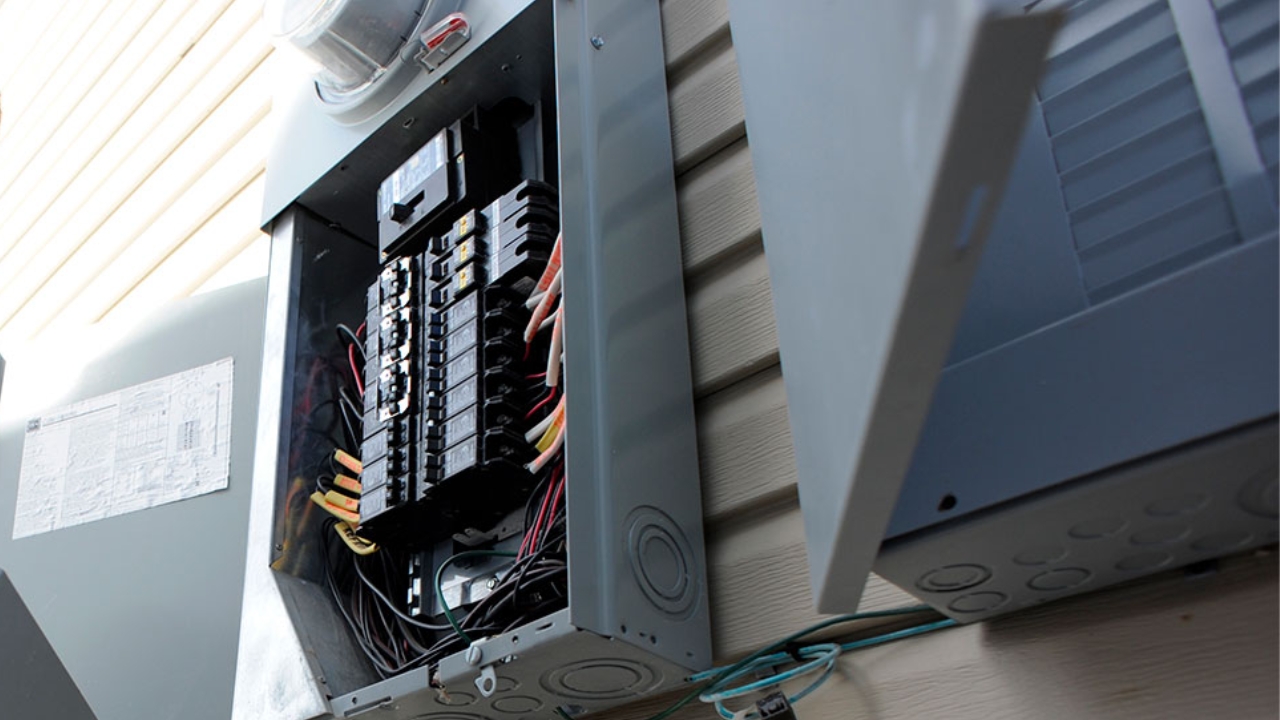
Here are some factors that play a role in determining the lifespan of your circuit breaker.
Usage
If your circuit breaker trips too frequently, it may reduce its lifespan. Your circuit breaker in the house may last for a number of decades if it doesn’t trip frequently. In industrial settings where there is frequent usage, a circuit breaker may experience tripping which may cause wear and tear.
Power load
Circuit breakers are available in different capacities. Each capacity can only handle certain power loads. Therefore, you will be stressing your breaker if allowed to operate beyond its capacity. This could cause problems like overheating and eventually electrical failure. Also, overloaded circuits can experience wear, which makes it important for breakers to operate based on their capacities.
Environmental conditions
This is another factor that could contribute to the lifespan of your circuit breaker. Exposure to humidity, dust, and extreme temperature can impact their lifespan. For instance, moisture can make a breaker corrode while extreme heat can damage internal components. Therefore, you should consider using proper housing to prevent damages from heat and corrosion.
Breaker’s quality
Circuit breakers vary in terms of quality. Some breakers have a longer lifespan due to the quality of the materials used in their production. However, these breakers can be very costly. The probability of experiencing electrical hazards increases if you get a low-quality breaker. It is advisable you invest in high-quality breakers as they ensure cost-effectiveness and reliability.
Proper maintenance
The lifespan of your circuit breaker also depends on how you maintain it. Checking your breaker for any unusual discoloration or loose connections can help you detect potential issues and fix them early. Also, clean your breaker regularly and always test it to be sure it is in good condition.
Signs of Faulty Breakers
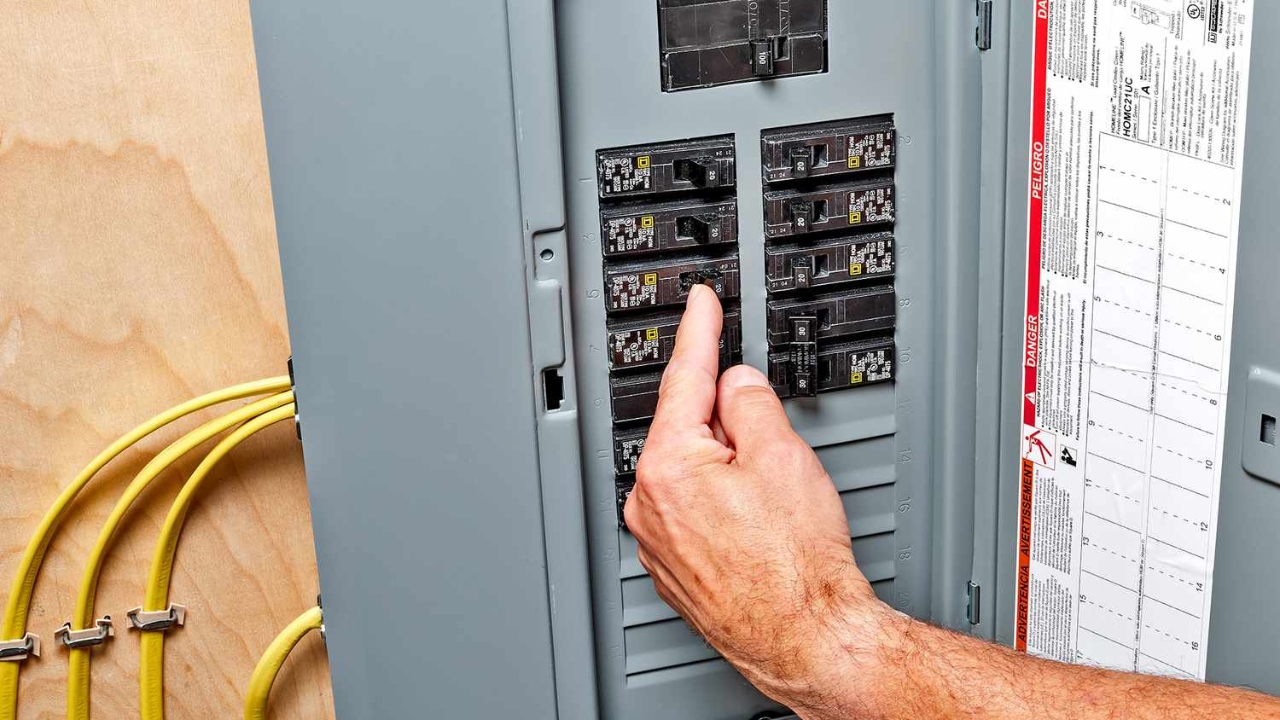
Frequent tripping
Your circuit breaker may trip when there is power overload. This is normal, but it should not be too frequent. If you notice your breaker shuts off regularly, you may need to replace it as soon as possible.
Unusual smell
If you notice an unusual smell like a burning odor from your main panel, you may need to replace your breaker. A burning smell is a sign of overheating. Internal components damage or loose connections can cause overheating. It is advisable not to take immediate action to replace your breaker.
Inability to reset
If your breaker fails to reset, there could be an internal failure. Your breaker may even trip shortly after you reset it. Don’t overlook such situations. These are signs of a faulty wiring, damaged breaker, or power overload. You will need to replace such a breaker to ensure safety.
Physical damage
If you notice any form of corrosion or cracks on your breaker, it is high time you changed it. Over time, breakers tend to degrade due to exposure to harsh conditions or power overload. You should ensure immediate replacement of your breaker when you notice any damage.
Length of use
Generally, a circuit breaker can stay functional for up to 40 years. However, you may need to change your old breaker even if it seems to be performing well. This is because the older a breaker is, the less reliable it is. Ensure you replace very old breakers with new ones to prevent electrical failures and ensure safety.
Tips on How You Can Extend your Circuit Breaker’s Lifespan
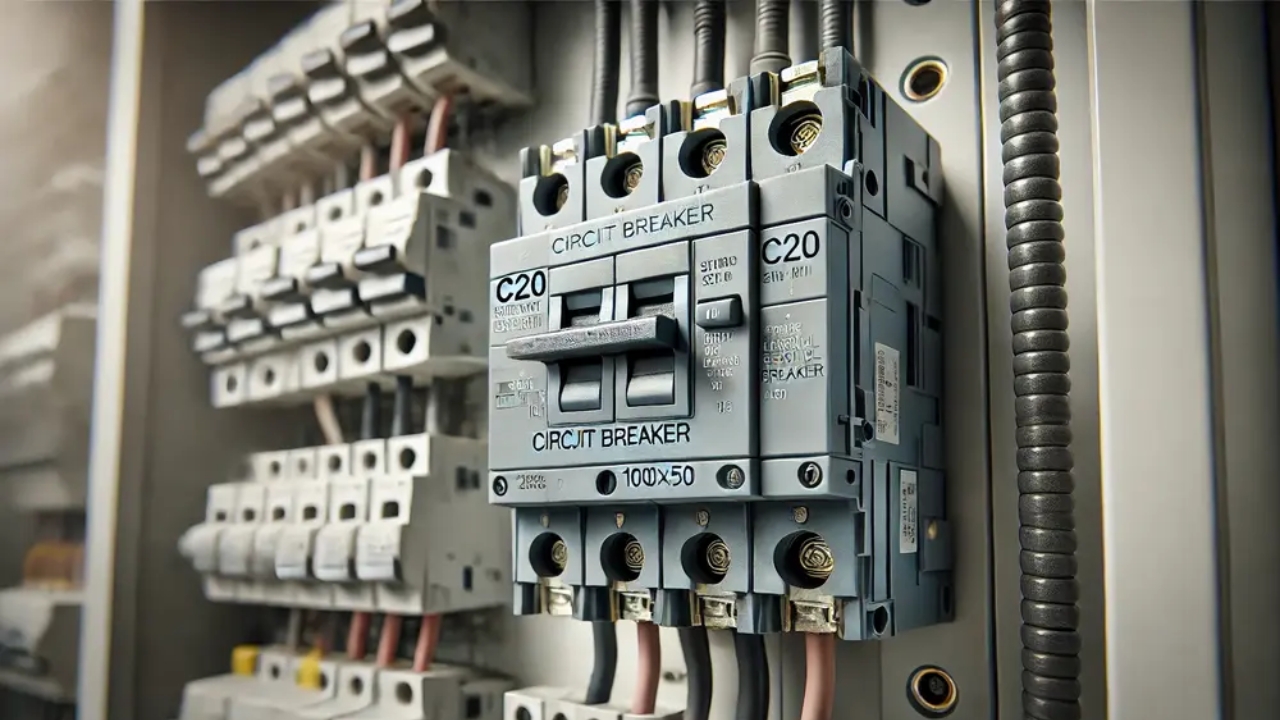
You can extend your breaker’s lifespan of you follow the tips below:
Routine inspections
If you inspect your breaker on a regular basis, you will be able to identify potential issues and tackle them on time. During your routine inspection, you can check for discoloration, unusual sounds, and signs of wear. Also, you need to occasionally check the main panel that houses the breaker to ensure perfect working condition.
Don’t overload your circuits
Electrical overload is one of the common reasons your breaker may fail to work. Each breaker is built with a certain capacity they can handle. Therefore, ensure your electrical load doesn’t go beyond your breaker’s capacity. Otherwise, you will be stressing your breaker. There are ways you can prevent power overload. One of such ways is to use multiple circuits. Also, you shouldn’t plug many high-powered devices in a single outlet.
Keep your panel organized and clean always
Dust, high temperature, and moisture can reduce the lifespan of your breaker. Dust accumulation can make your circuit breaker overheat. Also, your breaker may corrode due to moisture. It is important you keep the electrical panel organized and dry.
Go for high-quality breakers
In whatever you are doing, ensure you invest in quality. High-quality breakers are durable, reliable, and efficient. They are cost-effective as they last longer and require minimal maintenance. Also, these breakers rarely trip, thereby reducing the risk of failure. Durability has a lot to do with quality, therefore, it is best to go for quality when purchasing a circuit breaker for your electrical needs.
Conclusion
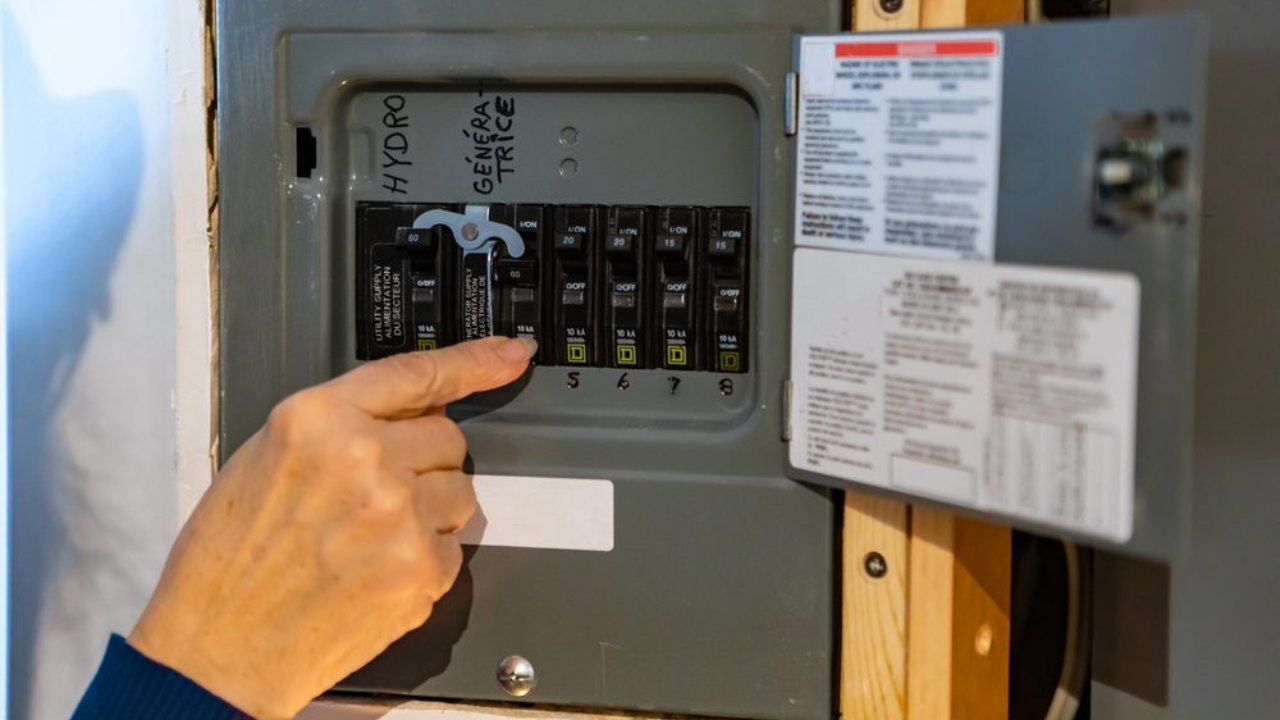
Circuit breakers are important components in an electrical panel. Although they are frequently used, you can extend their lifespan through proper maintenance. Also, proper usage, frequent inspection, and choosing quality breakers from top manufacturers like KDM Steel are other ways to extend the lifespan of your circuit breaker. All these tips are also crucial for ensuring safety and smooth operation of your electrical system.



